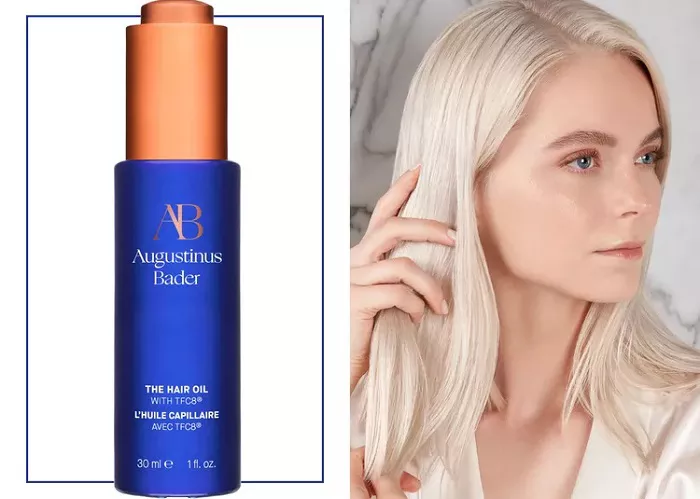For anyone who’s longed for luscious, shampoo-commercial hair, the buzz around hair growth oils offers new hope—and increasing scientific and expert backing. While these products aren’t overnight miracles, when chosen carefully and used consistently, they can deliver real results. Here’s what you need to know if you’re considering adding a growth oil to your hair care arsenal.
How Long Does Hair Growth Oil Take to Work?
Hair growth oils can be a game-changer, but don’t expect instant gratification. According to Jewell Hingorani, NYC-based hairstylist and founder of Jewell Clip Luxury Hair Extensions, results typically become noticeable within 4 to 12 weeks—but it depends on your hair’s natural growth cycle, the root cause of your hair concerns, and how consistently you use the product.
What You Can Expect:
2–4 Weeks:
Healthier scalp, less dryness, and shinier strands. Texture may start to feel smoother.
4–6 Weeks:
Tiny new hairs may appear, and hair might feel stronger and less prone to breakage.
2–3 Months:
Visible improvements in density and reduced shedding, particularly in thinning areas.
6 Months:
Substantial regrowth and thicker hair, especially when paired with scalp care and a balanced routine.
Key Ingredients to Look For in Hair Growth Oils
Not all oils are created equal. The best-performing options often include:
Rosemary Oil: Stimulates circulation in the scalp and has anti-inflammatory properties.
Tea Tree Oil: Known for antifungal and antibacterial benefits—keeps the scalp clear and balanced.
Pumpkin Seed Oil & Saw Palmetto: May inhibit DHT, a hormone linked to hair loss.
Argan Oil: Rich in essential fatty acids that nourish and moisturize hair.
Inositol (often in fermented rice water): Strengthens hair and protects against damage.
In more targeted treatments:
Minoxidil (topical): FDA-approved to promote growth by improving blood flow to follicles and prolonging the growth phase of the hair cycle.
Ketoconazole (Nizoral): An antifungal shampoo that may slow DHT production and help with hormonal hair loss.
Factors That Affect How Well Hair Oils Work
Cause of Hair Loss: If your hair loss is due to a deeper medical issue (like thyroid problems or nutrient deficiencies), no topical oil will fix it alone. Treat the root cause first.
Consistency of Use: Like skincare or fitness, results require daily commitment. Use as directed—don’t expect results from occasional use.
Scalp Health: Oils that soothe inflammation or clear buildup help create a healthier base for hair to grow. Think of your scalp like soil—healthy roots grow in healthy ground.
Expert Advice: Set Realistic Expectations
As Angelo David, NYC hairstylist and founder of Angelo David Salon, puts it: “The best time to use any hair growth treatment is in the early stages of hair loss—so the shedding will stop or slow down.” The earlier you act, the better your chances.
And remember: quick shine doesn’t mean quick growth. Instant effects (like softness and gloss) are cosmetic, while true growth takes time and patience.
Yes, hair growth oils really can work, especially when paired with a healthy lifestyle, scalp care, and consistency. If you’re looking for a safe, non-invasive way to support hair length and fullness, growth oils may be worth a try—just give them time to deliver. Your dream hair might be just a few months of dedication away.
Related Topics:
- Doctor Clarifies: Does Hair Gel Cause Hair Loss?
- Top 5 Non-Vegetarian Protein Sources to Boost Hair Growth
- Olsen Waves Make a Stylish Comeback Amid Economic Uncertainty


